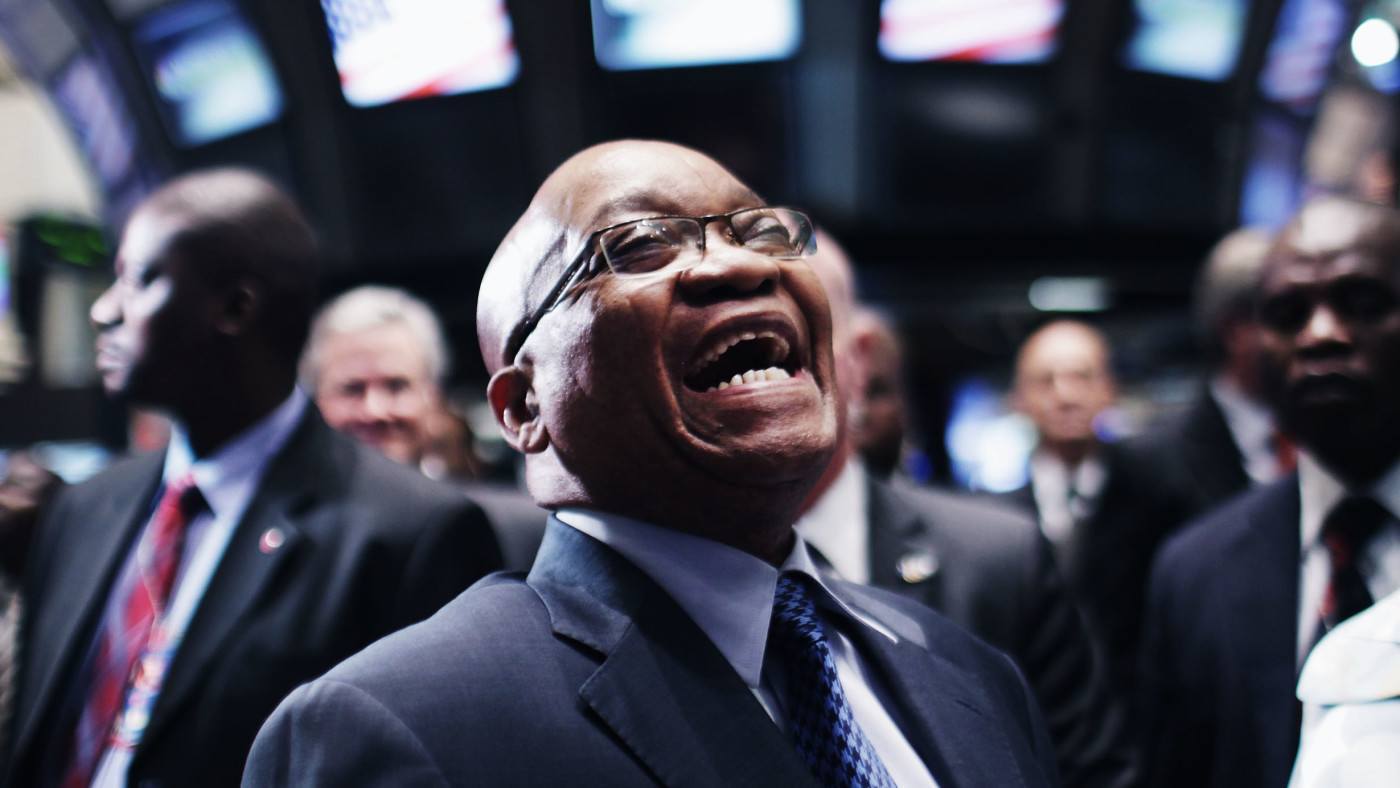Under apartheid, a former South African politician once told me, government appointees to the judiciary were often a source of frustration to the National Party ministers. “Six months into their tenure,” he said, “many judges have convinced themselves that they were in their new positions based on merit and started adjudicating against the government.”
When President Jacob Zuma bypassed a number of more qualified candidates in order to appoint Mogoeng T. Mogoeng as Chief Justice of South Africa in 2011, many assumed that Mogoeng would do Zuma’s bidding. Any doubt over Mogoeng’s impartiality and ability were dispelled on a sunny Johannesburg morning last Thursday. In a devastating and eloquent judgment, Mogoeng eviscerated the President for his corruption and breach of his constitutional responsibilities. In doing so, Mogoeng may have paved the way for Zuma’s impeachment hearings and preserved, for the time being, South Africa’s beleaguered democracy.
The case before South Africa’s Constitutional Court dealt with just one and, probably, the least significant of Zuma’s corruption scandals. It concerned the security upgrades to the President’s private residence in Nkandla, KwaZulu-Natal. The improvements to Zuma’s compound included a helipad, underground bunkers, a swimming pool, a chicken-run and a cattle kraal. They cost the taxpayer over $21 million – a considerable sum in a country with a per capita income of $6,500.
The public outcry led to a report by the Public Protector – an office created by the Constitution to investigate misconduct in public administration. The Public Protector found that the Nkandla improvements could not be justified on security grounds and ordered the President to pay back some of the cost. Zuma refused. And that brings us back to Thursday’s judgement.
South Africa’s Constitution has been lauded by many, including the Associate Justice of the U.S. Supreme Court, Ruth Bader Ginsburg. When, during the Arab Spring, she was asked what legal document should inspire the writers of the new Egyptian Constitution, Ginsburg replied that “I might look at the Constitution of South Africa… That was a deliberate attempt to have a fundamental instrument of government that embraced basic human rights, had an independent judiciary. … It really is, I think, a great piece of work that was done.”
Well, yes and no. The South African Constitution is certainly filled with a multitude of checks and balances that were a result of the protracted negotiations between the Nationalists and Zuma’s African National Congress prior to the first multiracial election in 1994. What the Constitution failed to account for was the longevity of the ANC’s government. Now in its 22nd year in power, the ANC has systematically undermined the system of checks and balances by staffing the supposedly independent institutions with government cronies. In most cases, the loyalty to the ANC was more determinative than competence and impartiality.
Standing above and, to some extent, athwart that harmful trend is the judiciary, which has retained much of its independence. The Constitution allows the judiciary to appoint and promote judges from its own ranks without too much government interference. Thus, the judiciary continues in its historical role of checking the greatest excesses of the state by ruling against the government.
Sitting resplendent in his green robes and surrounded by all of his 11 colleagues, Chief Justice Mogoeng delivered what must surely amount to one of the best summations of the role of the judiciary in a modern democracy.
He said, “One of the crucial elements of our constitutional vision is to make a decisive break from the unchecked abuse of State power … To achieve this goal‚ we adopted accountability‚ the rule of law and the supremacy of the Constitution as values of our constitutional democracy. For this reason‚ public office-bearers ignore their constitutional obligations at their peril. This is so because constitutionalism‚ accountability and the rule of law constitute the sharp and mighty sword that stands ready to chop the ugly head of impunity off its stiffened neck.”
Having been found guilty of dereliction of his Constitutional responsibilities, Zuma will now face impeachment hearings. Whether he survives a vote in the ANC-dominated Parliament is an open question. The ANC might close ranks around its leader or, driven by a sense of self-preservation, force Zuma’s resignation. In the long run, however, democracy in South Africa will not be saved by the departure of one man, but by a regular change of government.


